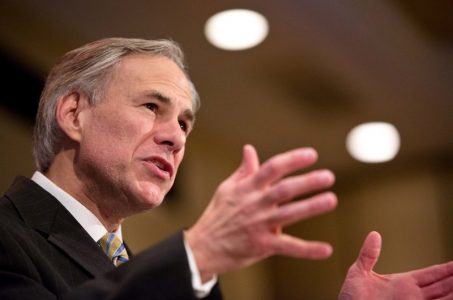Zicam Inventor Swindled Investors in Lucille Ball Scam, Gambled Funds at Las Vegas Casinos
Posted on: August 15, 2022, 11:23h.
Last updated on: August 16, 2022, 05:03h.
A federal grand jury has indicted the inventor of cold remedy Zicam on fraud charges. He’s accused of bilking investors in a sham TV production company which he claimed had links to the late Lucille Ball.

Charles Hensley, of Redondo Beach, Calif., used at least $331,000 of almost $600,000 extracted from 21 investors for personal expenses. These included lavish trips to unnamed Las Vegas casinos and payments to pawn shops, according to the indictment.
Hensley claimed he had made millions from Zicam. He did coinvent the product in the mid-1990s. But he was broke when he began canvassing for investment in his shell production company, Desilu Studios Inc (DSI), in August 2017.
He borrowed the name from Desilu Productions Inc., the company formed by Ball and her husband, Desi Arnaz, as a portmanteau of their first names. Desilu Productions was once the second-biggest production company in the US, creating classic television shows like I Love Lucy, Star Trek, and Mission Impossible before its demise in 1968.
Borrowed Name
At that time, Hensley had been “repeatedly bouncing checks and overdrawing bank accounts to get cash and pay expenses,” according to the indictment.
Hensley “falsely and misleadingly represented that he was affiliated with the real Desilu and making new content using the Desilu name,” reads the indictment.
He further told investors he was backing the company with his non-existent fortune from Zicam. DSI company was worth $11 billion, he claimed.
Hensley also pushed a phony pharmaceutical company, “Migranade,” which he said was valued at $50 million.
Phony IPO
Meanwhile, Hensley told investors that Desilu Productions was about to go public and that its stock was worth more than its face value, which would increase significantly after the imminent IPO.
DSI had few to no assets, no CFO, accountant, or auditor, no financial statements or any of the other requirements for an IPO, and the stock was not worth what was represented,” the indictment read.
Hensley obtained a trademark on the Desilu name from the US Patent Office in 2018. That year, he sued CBS Studios for the exclusive use of the mark. He subsequently withdrew the case and was countersued by CBS, which had used it continually for decades in its television programming.
Hensley has been charged with 11 counts of wire fraud and one count of aggravated identity theft, according to the US attorney’s office for the Central District of California. He faces up to 20 years in prison if convicted.
Related News Articles
Texas Governor Slams State Regulator’s Online Gambling Ambitions
Study Claims 70 Percent of Casinos Mulling Skill-Based Games
Four Dead in Montana Casino Shooting Stemming From Robbery Attempt
Most Popular
Las Vegas Overstated F1 Race’s Vegas Impact — Report
Mega Millions Reportedly Mulling Substantial Ticket Price Increase
NoMad Hotel to Check Out of Park MGM on Las Vegas Strip
Most Commented
-
End of the Line for Las Vegas Monorail
— April 5, 2024 — 90 Comments -
Mega Millions Reportedly Mulling Substantial Ticket Price Increase
— April 16, 2024 — 8 Comments -
Long Island Casino Opponents Love New York Licensing Delays
— March 27, 2024 — 5 Comments
















No comments yet